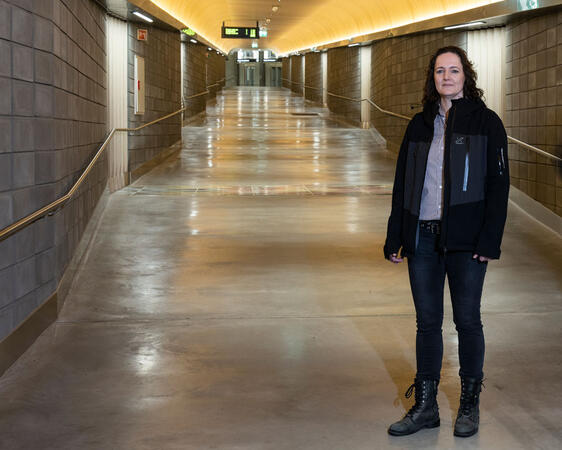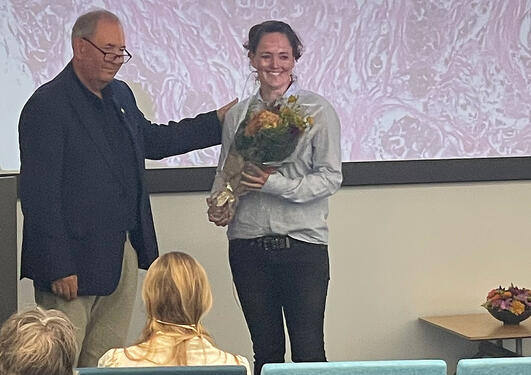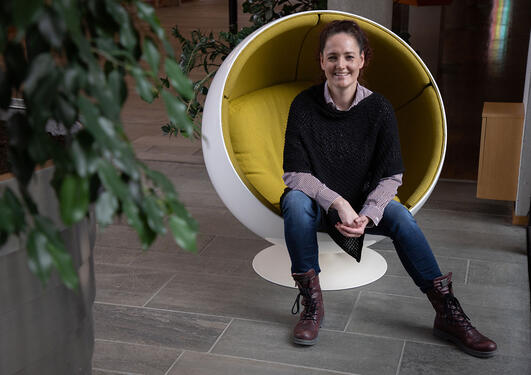
The overall aim of the group’s work is to uncover and map new mechanisms of early breast cancer evolution, hoping to improve current diagnostic tools for breast cancer patients and to reduce the treatment burden. PI is Carina Strell, closely connected to CCBIO, University of Bergen. The research focuses on the biology of breast ductal carcinoma in situ (DCIS), with the ambition to comprehensively elucidate the underlying regulatory signaling mechanisms of early breast cancer evolution towards clinical disease progression and therapy response. Special emphasis is placed on understanding the interplay between genetic alterations and the tumor microenvironment by using state-of-theart spatial mapping techniques for tissue analysis. Strell’s team further reaches beyond biological aspects and aims to uncover novel therapeutic opportunities as well as clinically relevant treatment stratification models for women with early breast cancer.
Only few DCIS lesions have the potential to progress to invasive breast cancer. However, since the regulatory mechanisms of cancer evolution are still largely undefined, a biological or clinical prediction of disease progression and therapy response remains difficult. The consequence is a high risk of over- as well as undertreatment for women with early breast cancer. Thus, improving guidance for clinicians and optimizing therapy applications is a major task for precision medicine.
The research team will prioritize the adaptation of their established spatial tissue profiling techniques (in situ sequencing, PLA) to the Hyperion system. This will complement the ongoing spatial proteomics efforts at CCBIO with approaches for spatial genomics and signaling pathway mapping. The group will also seek contacts with CCBIO bioinformaticians and big data specialists to facilitate the integration of multiple layers with different spatial omics data into current bioinformatical analysis pipelines for deep tissue profiling.

